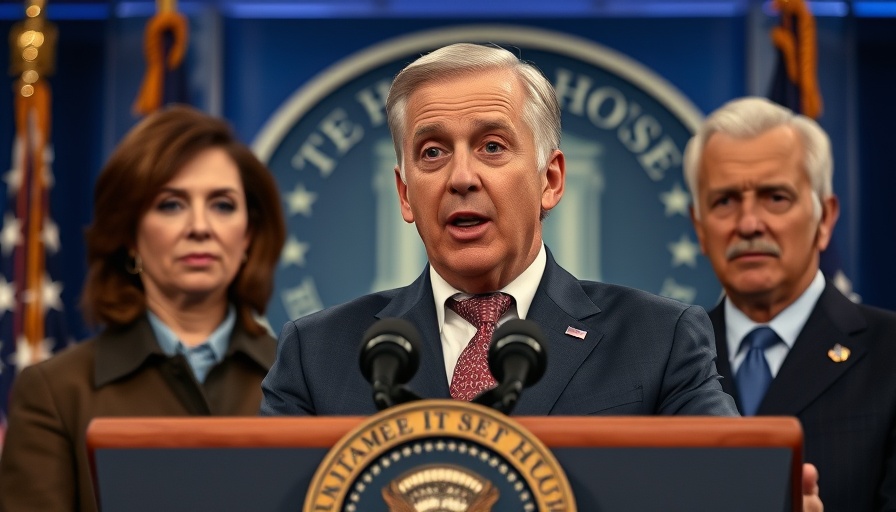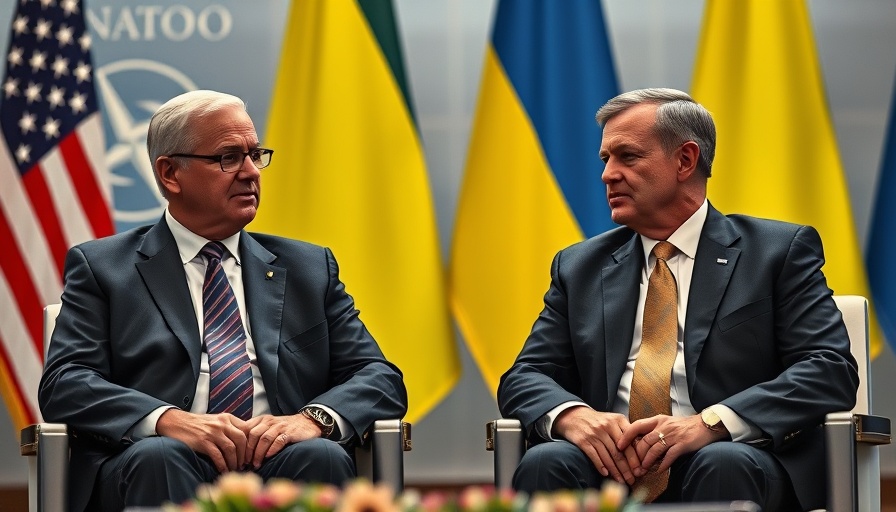
Trump Celebrates Supreme Court's Decision on Birthright Citizenship
President Donald Trump recently took center stage to proclaim a significant victory for his administration after the Supreme Court's ruling that limits nationwide injunctions by lower courts. This ruling pertains to Trump's executive order aimed at modifying the long-standing interpretation of birthright citizenship under the 14th Amendment.
The Supreme Court's Ruling Explained
The Supreme Court's decision, which passed with a 6-3 vote, did not determine the constitutionality of Trump's order itself. Instead, it focused on the authority of lower district court judges to impose broad injunctions that halt presidential policies on a national scale. Justice Amy Coney Barrett's opinion underscored that such sweeping injunctions should fall under the court's purview only, which marks a shift in how judicial power can influence executive actions.
Implicating Nationwide Injunctions and Presidential Authority
Nationwide injunctions have been a contentious point in the ongoing struggle between the judicial and executive branches of government. During his remarks in the White House briefing room, Trump emphasized that lower court judges had overstepped their bounds by blocking policies that reflect the democratic choices made during elections. He stated, "I was elected on a historic mandate… [and] it's a grave threat to democracy when a handful of radical left judges try to overrule the rightful powers of the president." This rhetoric showcases Trump's position that judicial overreach contradicts the will of the voters.
Implications for Immigration Policy
While the Supreme Court's ruling may have boosted Trump’s confidence, the looming question remains regarding the fate of his original policy on birthright citizenship, which aims to modify the automatic citizenship granted to children born in the U.S. to non-citizen parents. Attorney General Pam Bondi mentioned that the justices would revisit this contentious issue during their next term starting in October. The legal community awaits this decision keenly, as it could reshape immigration law significantly.
Public Response and Future Predictions
The public opinion around birthright citizenship is deeply divided. Supporters of the movement argue that modifying birthright citizenship would deter illegal immigration and reinforce legal immigration pathways. Opponents, conversely, warn that altering this principle undermines fundamental rights entrenched in the Constitution. Moving forward, as the next term approaches, debates will intensify, and more cases concerning immigration policy could surface, further probing the limits of executive action.
Conclusion: Keeping an Eye on Washington
The Supreme Court’s decision marks a pivotal moment in American politics, likely signaling more changes ahead. For those tracking political developments or involved in civics, understanding the implications of this ruling is crucial. With ongoing challenges to Trump's policies, staying informed will empower citizens to engage in meaningful discussions about their implications for the future of America’s governance and its legal landscape.
 Add Row
Add Row  Add
Add 




 Add Row
Add Row  Add
Add 

Write A Comment